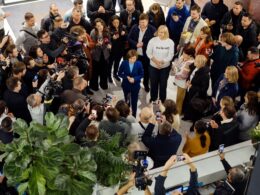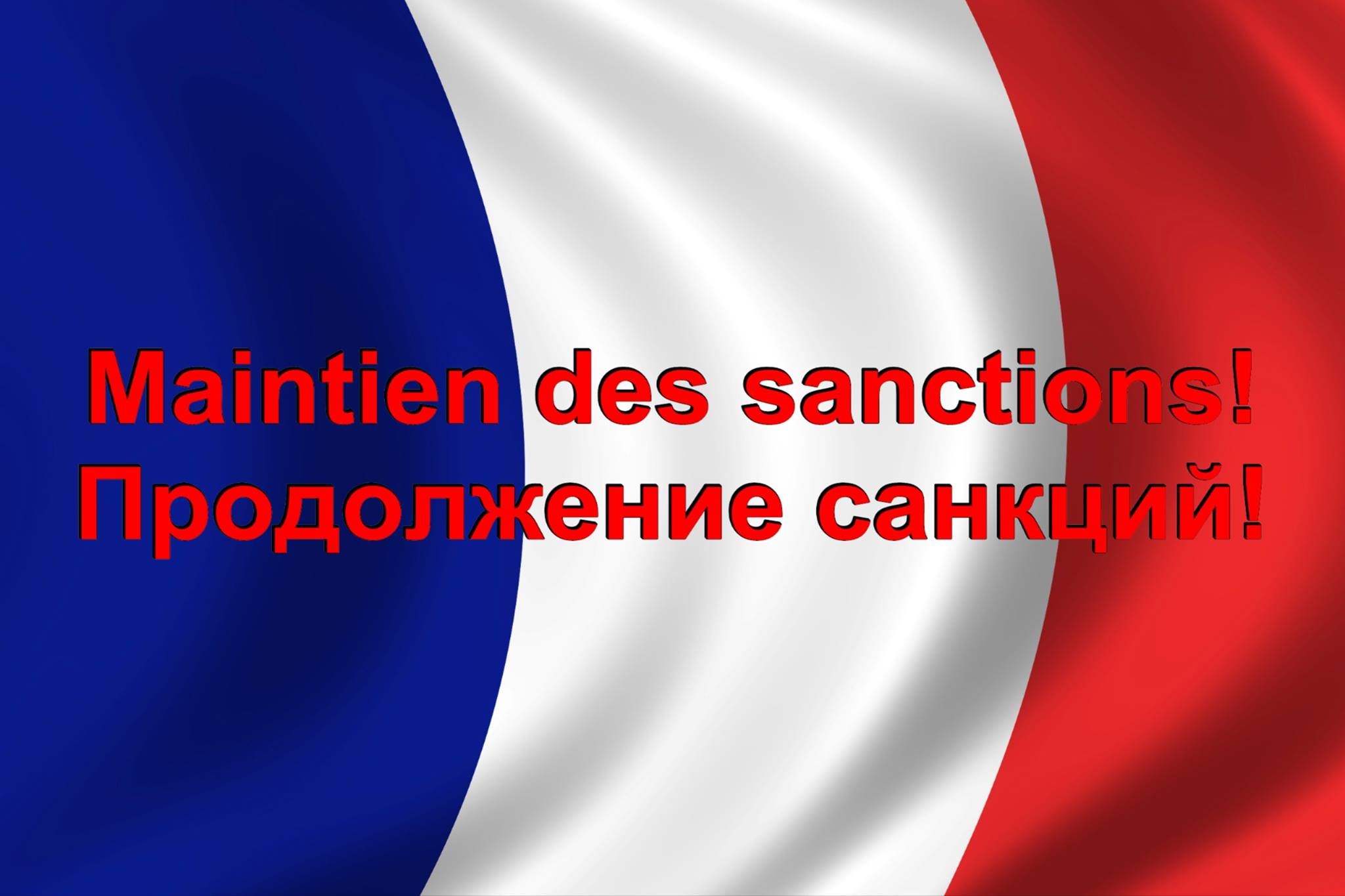Legendary American-Ukrainian singer Kvitka Cisyk, also known as Kacey Cisyk, was born in New York City 64 years ago. Over the course of her hugely successful music and acting career, Cisyk’s voice became familiar to millions of people through TV and radio commercials. However, it was her Ukrainian folk song albums that won the hearts of fans. The singer always wanted to visit Ukraine. However, her busy schedule and then breast cancer didn’t allow her dream to come true. Cisyk passed away in 1998. Nowadays, her songs are still popular and charity concerts are traditionally held on the singer`s birthday (April 4). The proceeds from such concerts go to helping women who suffer from cancer. UATV found out more.
Jazz, rock, blues, country, and opera music. It seemed like there was nothing she couldn’t sing with her enchanting voice. It’s 1997 and Kvitka is recording a song in the studio. ‘You light up my life’, a soundtrack for a movie of the same name. But the Oscar for the soundtrack went to another singer, who performed this song a year after Kvitka. A blatant injustice does not unsettle Kvitka as she goes patiently into the advertising business. She had been the unchanging voice of Ford’s jingles for almost 20 years.
But, as the daughter of Ukrainian emigrants, she never forgot her roots.
“I thought that despite my busy schedule, I could do something for Ukrainians, it would be my gift. I have always dreamed that someone in Ukraine would hear my songs too,” said Kvitka Cisyk.
They prepared very thoroughly for the recording of ‘Two Colors’ album. The duties of the producer and the sound engineer were performed by the singer’s husband Ed Rakovich. He gathered the most talented orchestra musicians of New York. Jack Kortner created exquisite adaptations. The album was recorded at one of the best studios in the US, Clinton Recording Studios, where Madonna and George Benson recorded their compositions. The pianist was her sister, Maria. While her mother, Maria watched her pronounce all the Ukrainian texts correctly.
“This was a collective project of talented people, they sincerely believed and saw that Kvitka was more than an ordinary person, that she had a gift from God. Talking with Edward Rak, I saw that he realized that as well. So they decided to do this extremely expensive project, make obvious sacrifices, having a clear understanding that the project would not pay off,” recalls Kyrylo Stetsenko, Composer.
Kyrylo Stetsenko listened to the first album of Kvitka on a vinyl record in the eighties. He says that there was nothing like it on the domestic stage at that time. In 1990 he went to the United States and promised himself that he would not return home until he got acquainted with Kvitka. There was a call from the singer in February 1991. Kyrylo was invited to the famous Clinton studio:
“I bought a unique Soviet resident cassette tape recorder by Sony and the best and the most expensive film in New York at that time.) We talked for about two hours. I had a lot of questions about the album. I had questions about her plans, I asked why she did not come for ‘Chervona Ruta’ in Chernivtsi in 1989. She was really modest and did not present herself as an outstanding singer. She felt like a student, a person of art, and I saw a colleague in me.”
Ukrainians first heard about Kvitka Cisyk from National Radio presenter Halyna Babii. In the early nineties, a friend from the United States gave her a singer’s plate. A short time later, Kyrylo Stetsenko shared a record of an interview at Clinton Studio with the radio presenter. As a result, two programs about Kvitka were on Ukrainian radio.
“I started working on the first programs that have received incredible support from listeners. Kvitka was talking to Kyrylo and the background to their conversation were cheers and cries of her young son. These programs could have been here, in the Museum of Ukrainian radio, but there was a fire in 1996, which destroyed these unique recordings, where Kvitka first talked to the Ukrainian audience. Her position, her language, and performance showed that she was a true Ukrainian, although born and raised in the US,” tells Halyna Babii, Ukrainian Radio Presenter.
The singer’s son is currently studying the Ukrainian language and is actively involved in the Ukrainian-American community in the United States. Ed junior plans to popularize the creative heritage of his mother in Ukraine. The former Odesa musician, and American producer, Alex Gutmaher doesn’t let us forget about Kvitka. It all began in 2006 in the back of a Kyiv taxi.
Alex recalls that there were tears in their eyes, as he had never heard anything like that before. Back in the States, he began to collect information about the mysterious singer:
“I found out that in 1997 and in 1998 we both were in the cancer center, I had an aggressive sarcoma, and Kvitka had breast cancer.) I decided that apparently, I had a certain mission in life, that is why I managed to survive 11 surgeries and chemo…”
“It’s a symbol, it’s a legend, it’s an amazing woman, an amazing patriot, it’s a Ukrainian.) You can say a lot about her, but the most important thing is that her name saves people, thanks to mobile mammographs called ‘Kvitka,’” says Alex Gutmaher.
There will be a traditional concert on Kvitka`s birthday in the National Opera Hall. The organizers have donated 100,000 Ukrainian hryvnias (approx. $3,700) to purchase a mobile mammograph.






